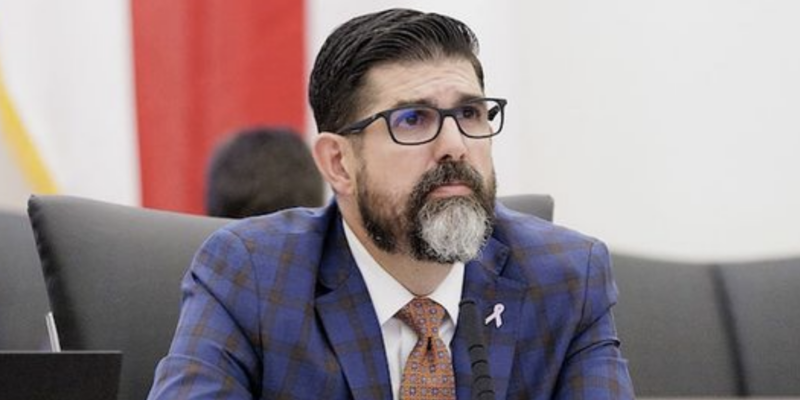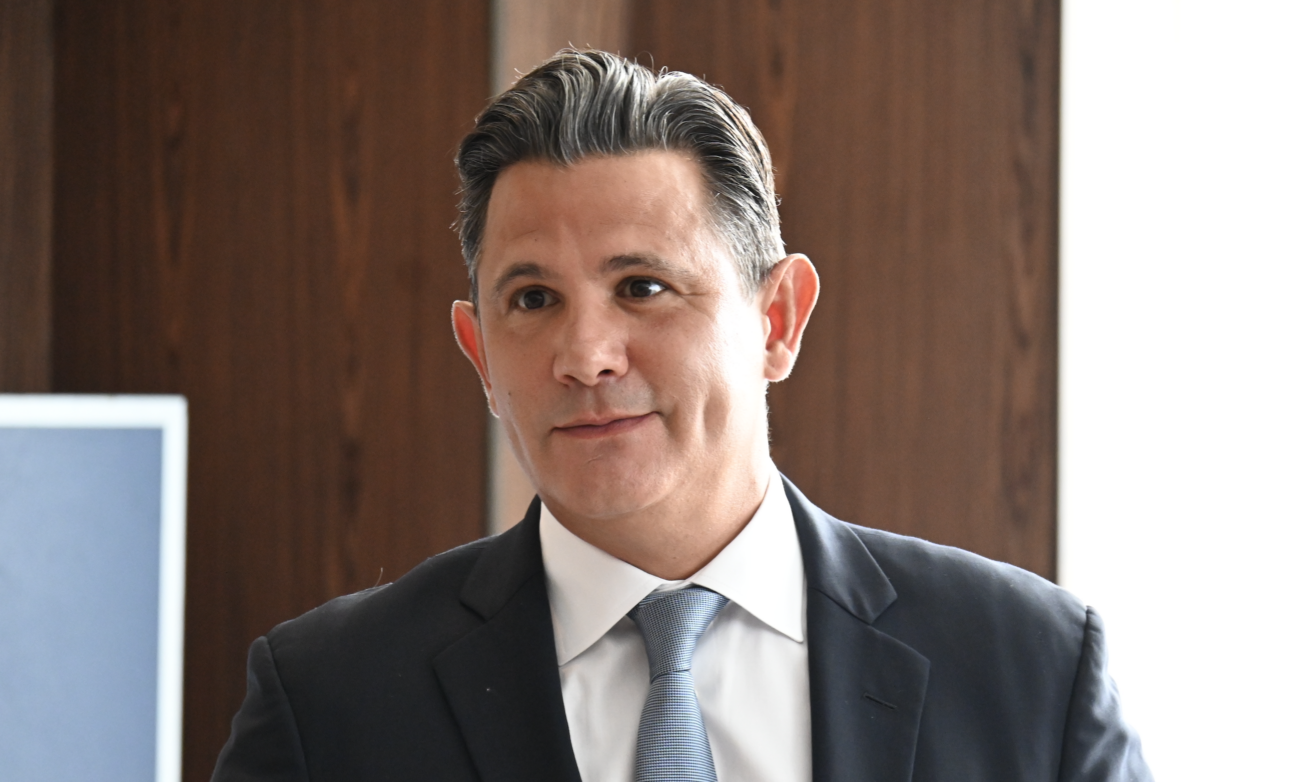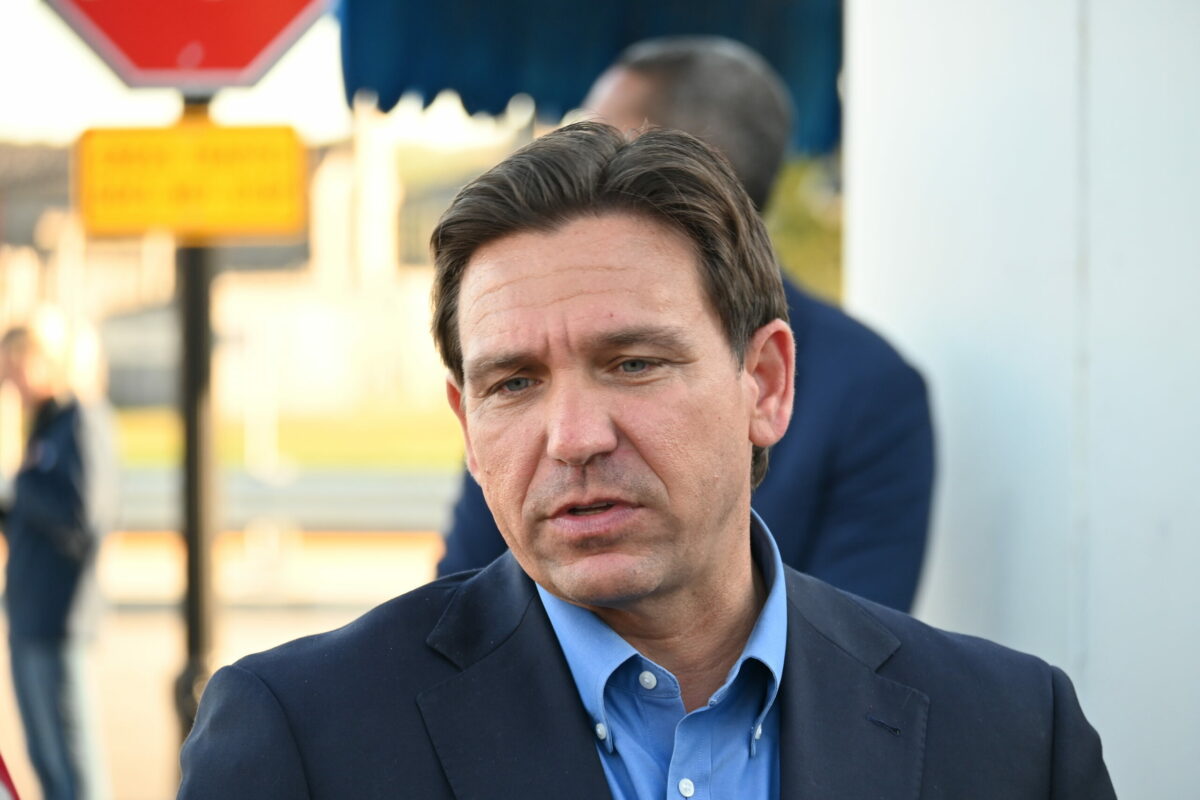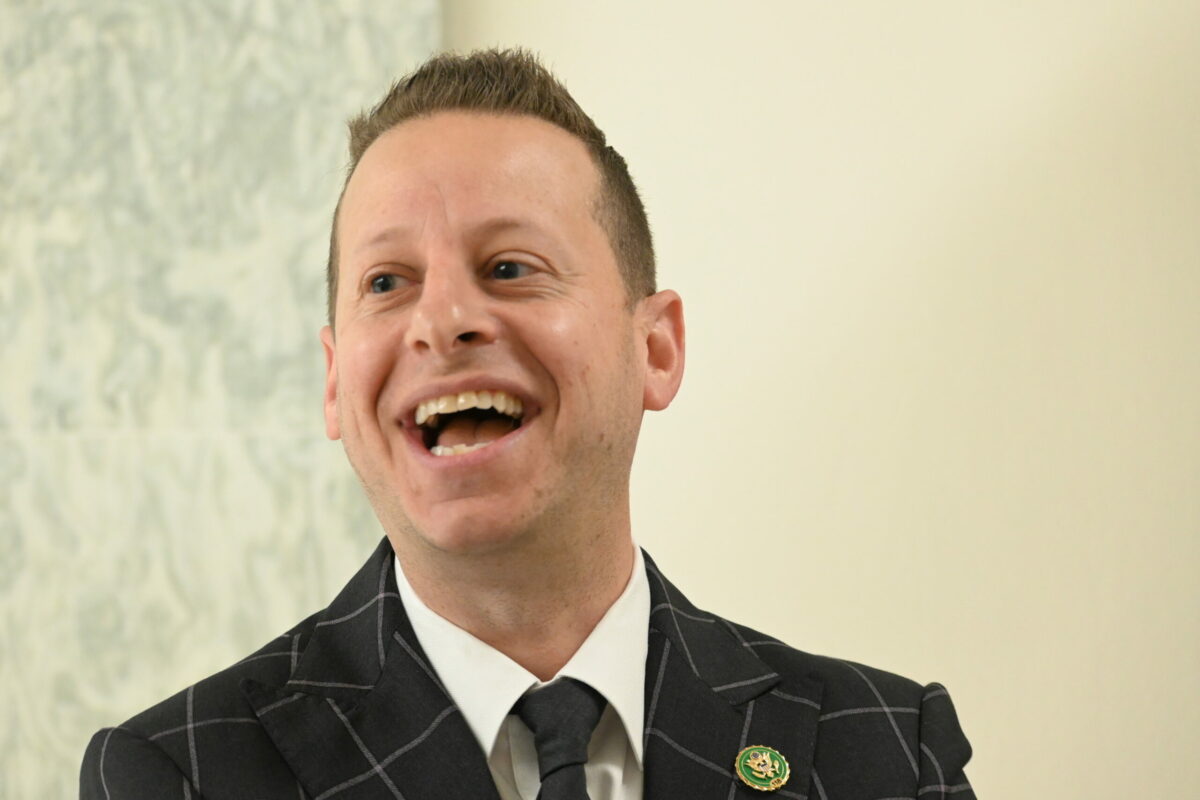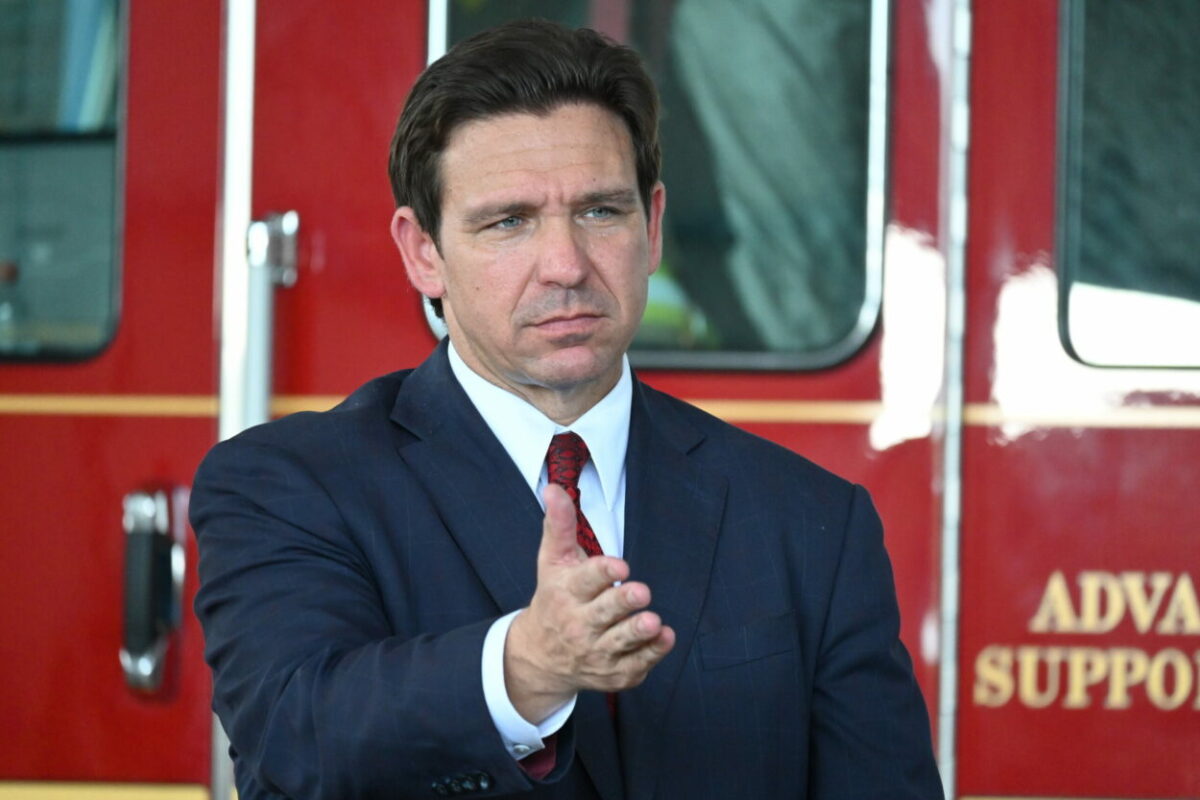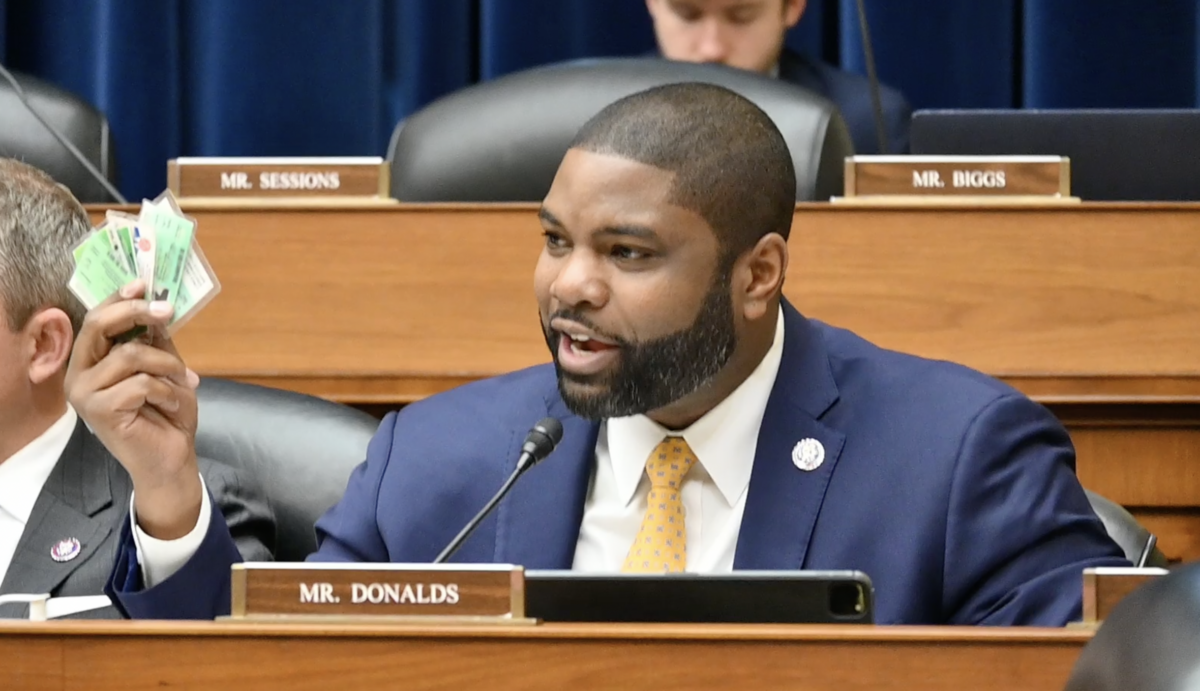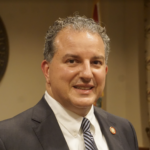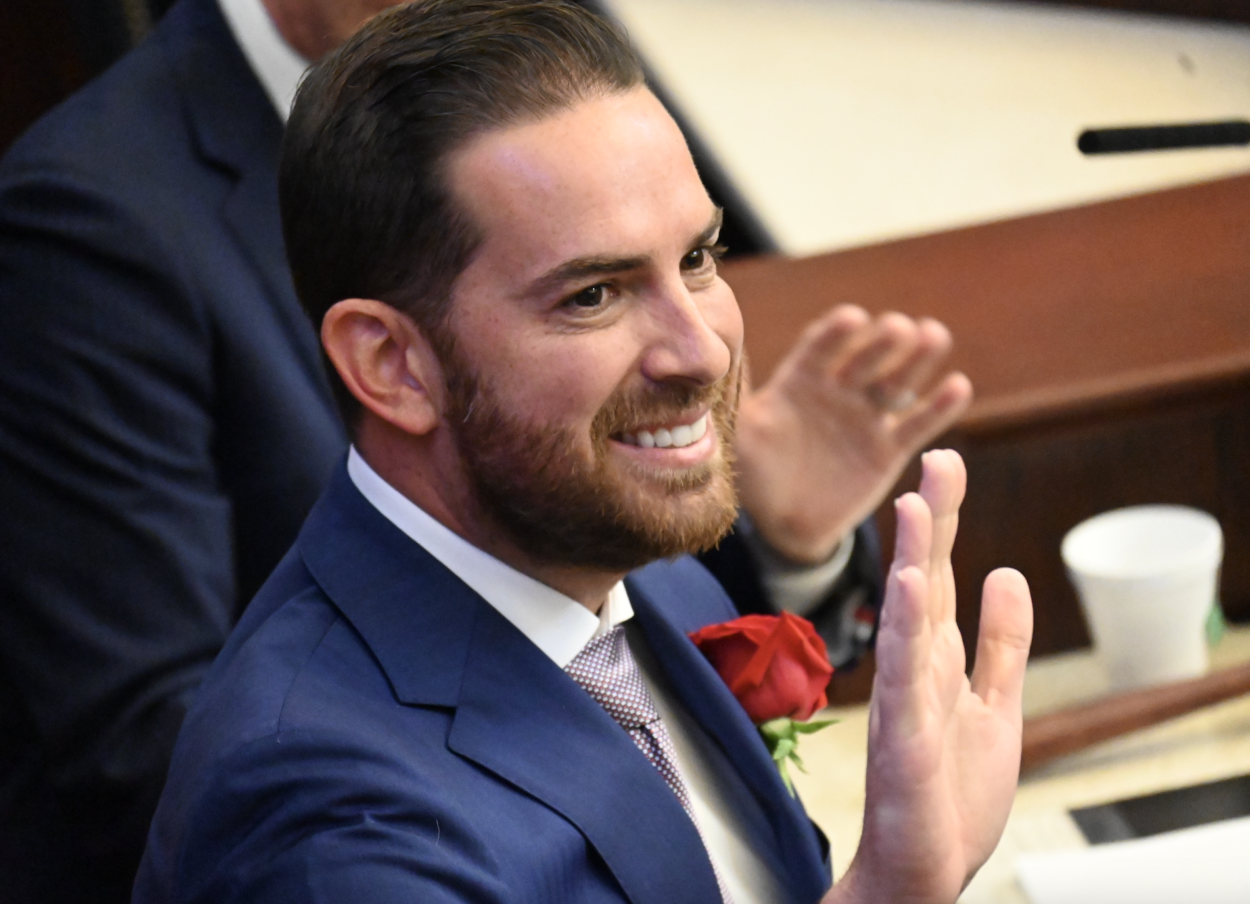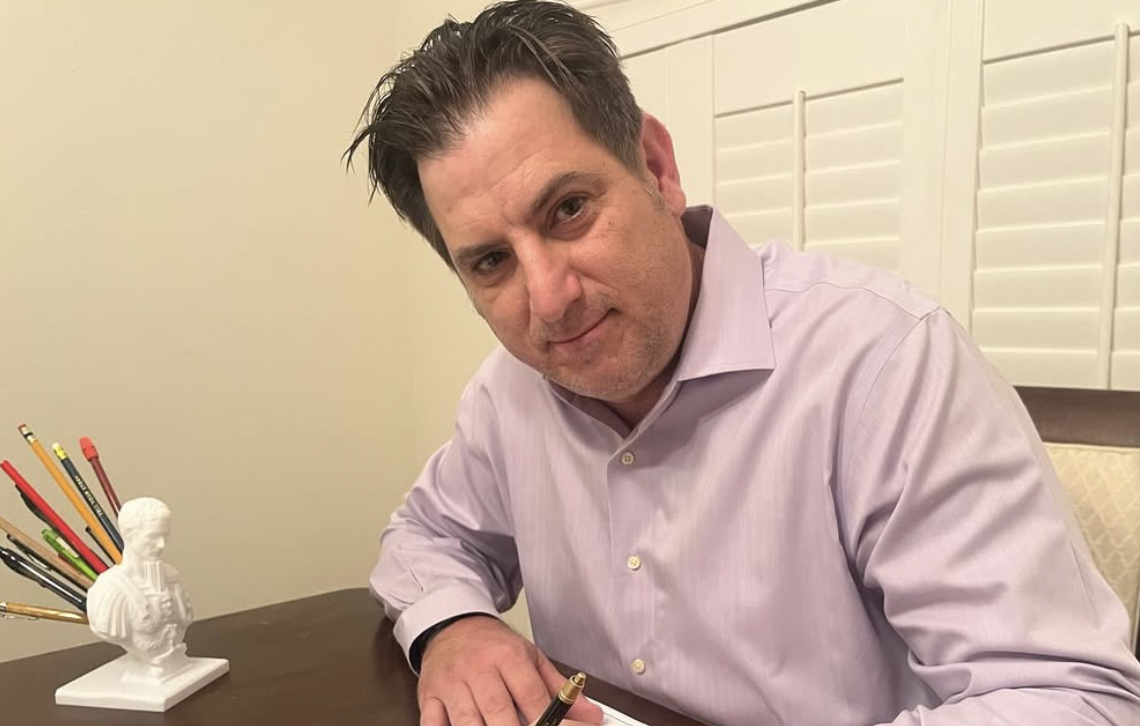TALLAHASSEE — Instruction about sexual orientation and gender identity will largely be prohibited in all public school grades after the State Board of Education on Wednesday approved a controversial rule change. The rule effectively expands Florida’s “Parental Rights in Education” law, a hot-button measure that passed last year and was labeled by critics as the “don’t say gay” bill.
The law prohibited instruction about sexual orientation and gender identity in kindergarten through third grade and required that such instruction be “age-appropriate or developmentally appropriate” in older grades.
But the rule requires that teachers shall not “intentionally provide” instruction on sexual orientation or gender identity in fourth through 12th grades unless such instruction is required by state academic standards or “is part of a reproductive health course or health lesson for which a student’s parent has the option to have his or her student not attend.”
The rule also extends the outright prohibition on such instruction to pre-kindergarten classrooms.
Teachers could face suspension or revocation of their educator certificates for violations of the rule.
Education Commissioner Manny Diaz Jr. described the change to a rule about educator conduct as bringing clarity to what is expected of teachers.
“All we are doing is, we are setting the expectations so that our teachers are clear that they are to teach to the standards,” Diaz said before the board passed the rule.
But numerous critics, including representatives of LGBTQ-advocacy groups, packed a Capitol meeting room to oppose the proposal.
Joe Saunders, senior political director for Equality Florida and a former state lawmaker, criticized what he called “outrageous censorship” under the “vague” new rule.
“Like the Legislature, the board has provided no definitions for what ‘instruction’ on sexual orientation or gender identity means, even as you stretch the impact of this terrible policy into every classroom in the state. This rule is by design a tool for curating fear, anxiety and the erasure of our LGBTQ community,” Saunders said.
Other opponents of the rule argued it will harm vulnerable LGBTQ youths and would take power away from local school boards.
Diaz (pictured), speaking to reporters after Wednesday’s meeting, was asked about the definition of “instruction.”
“In the K-12 space, instruction is pretty clear. It has been deemed by courts that the state has complete authority, and that belongs to this board here, and we have standards. So, instruction has to coincide with standards,” Diaz said.
The new rule also drew opposition from the Human Rights Campaign, which hosted a news conference in Tallahassee to oppose the rule and what the organization called a “slate of hateful anti-LGBTQ+ bills” being considered by the Legislature.
Shari Gewanter, a first-grade teacher in Leon County, was among the people who spoke at the news conference.
“Educators hold a vital role in the relationships that unfold with our students and their families. And in all the years that I’ve been teaching, I’ve felt comfortable presenting myself as I am in my classroom. Until recently. There is now fear around that,” Gewanter said.
But Esther Byrd, a member of the state education board, echoed Diaz in saying the rule is an effort to provide more clear guidelines.
“I’ve heard a lot of complaints from parents around the state about our standards being overly broad and vague. The concern is that standards like that lead to an agenda being pushed on our impressionable young children. And we can’t let that continue. So what the board is doing today is the same thing we’ve done for the last four years — we’re providing clarity on what the students are expected to learn,” Byrd said.
Meanwhile, bills moving through the Legislature (HB 1069 and SB 1320) also seek to put into state law an expanded prohibition on instruction about sexual orientation and gender identity. The measures would broaden the prohibition in law to pre-kindergarten through eighth grade.
It’s a sad day when Florida’s educators are more likely to lose their licenses for having ‘safe space’ stickers on classroom doors than for sexually abusing a student. This is not freedom,” stated Senate Minority Leader Lauren Book.
Publisher Javier Manjarres contributed to this NSF article.

